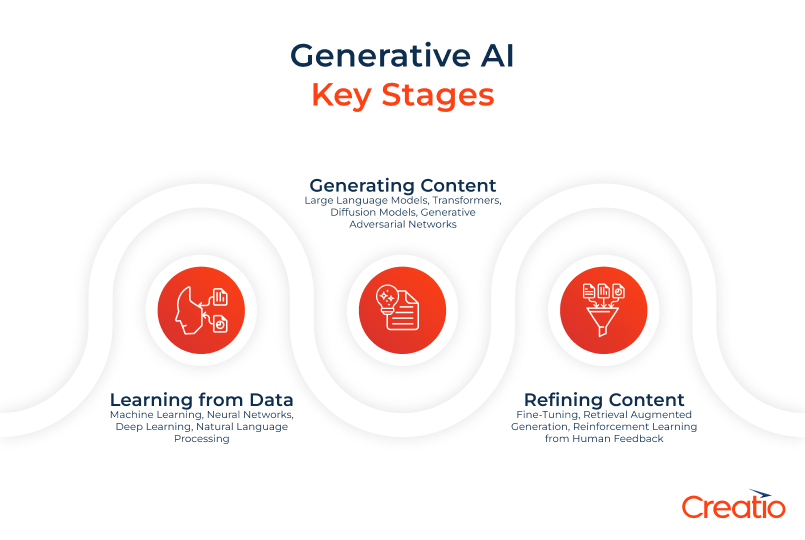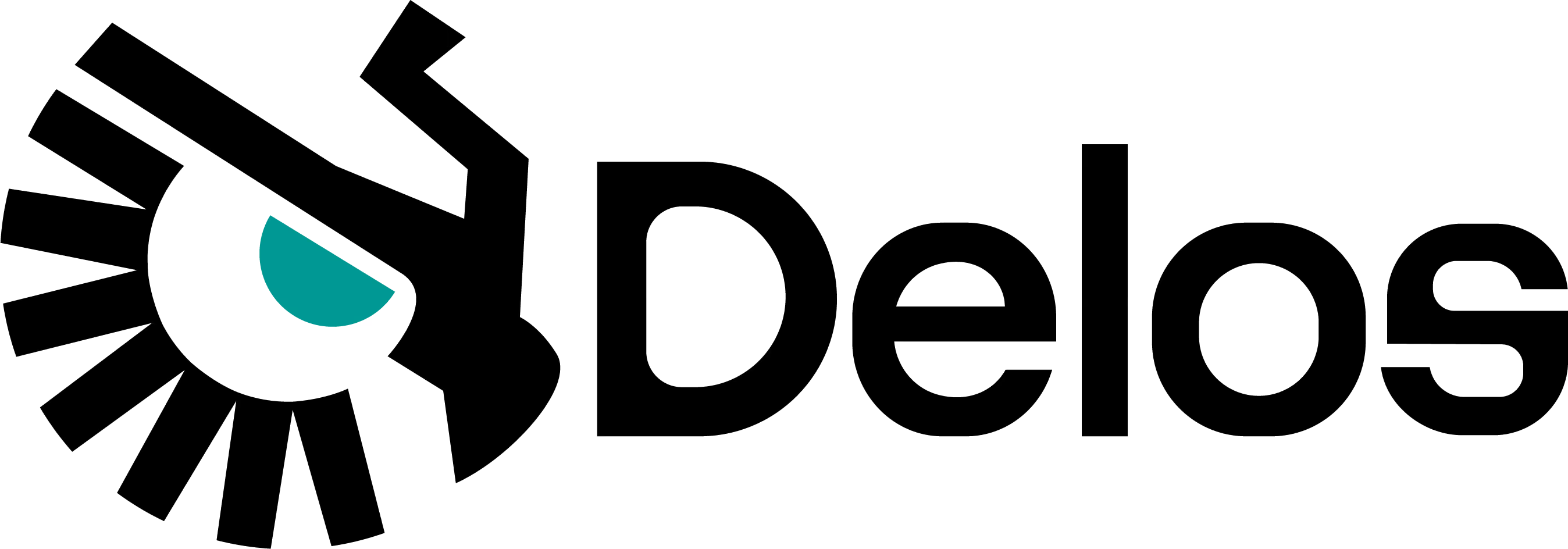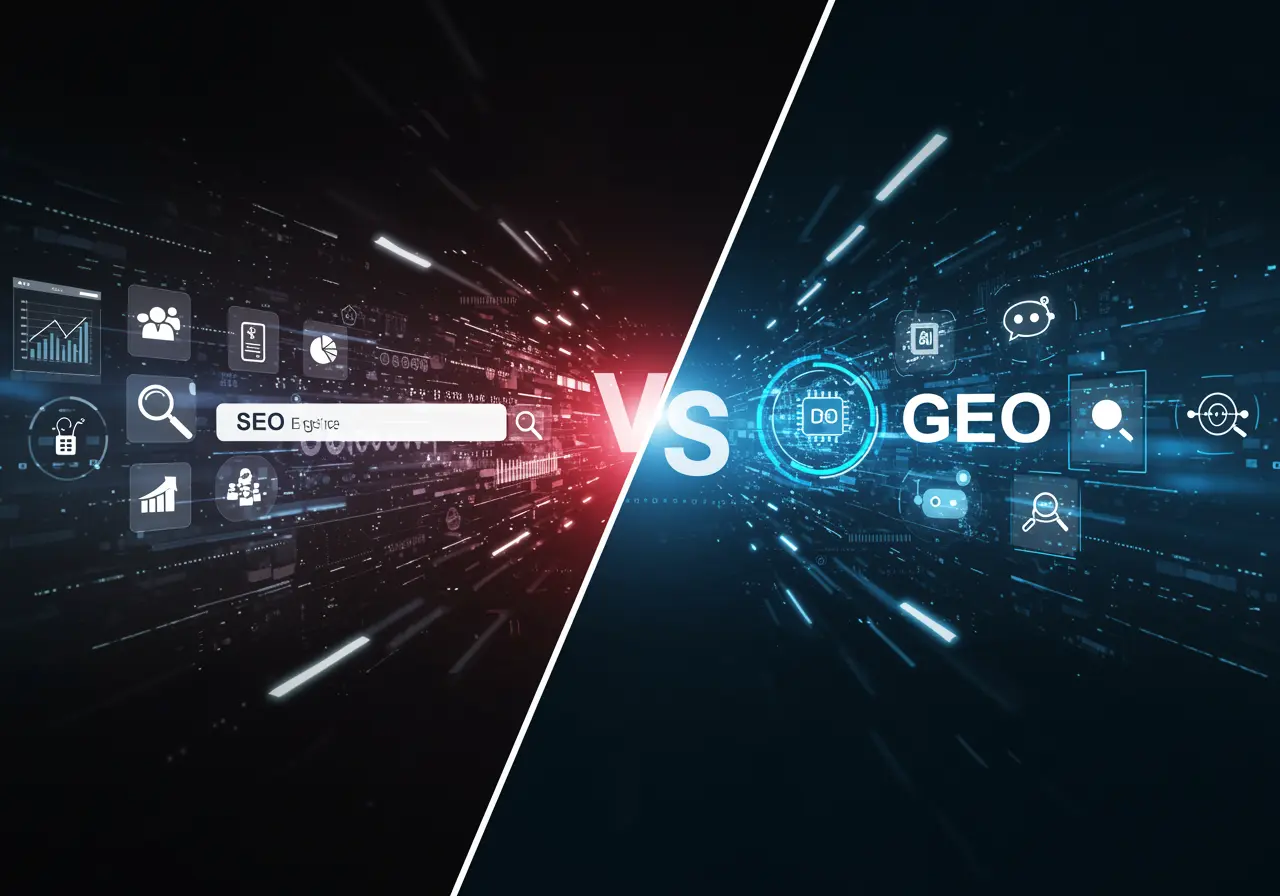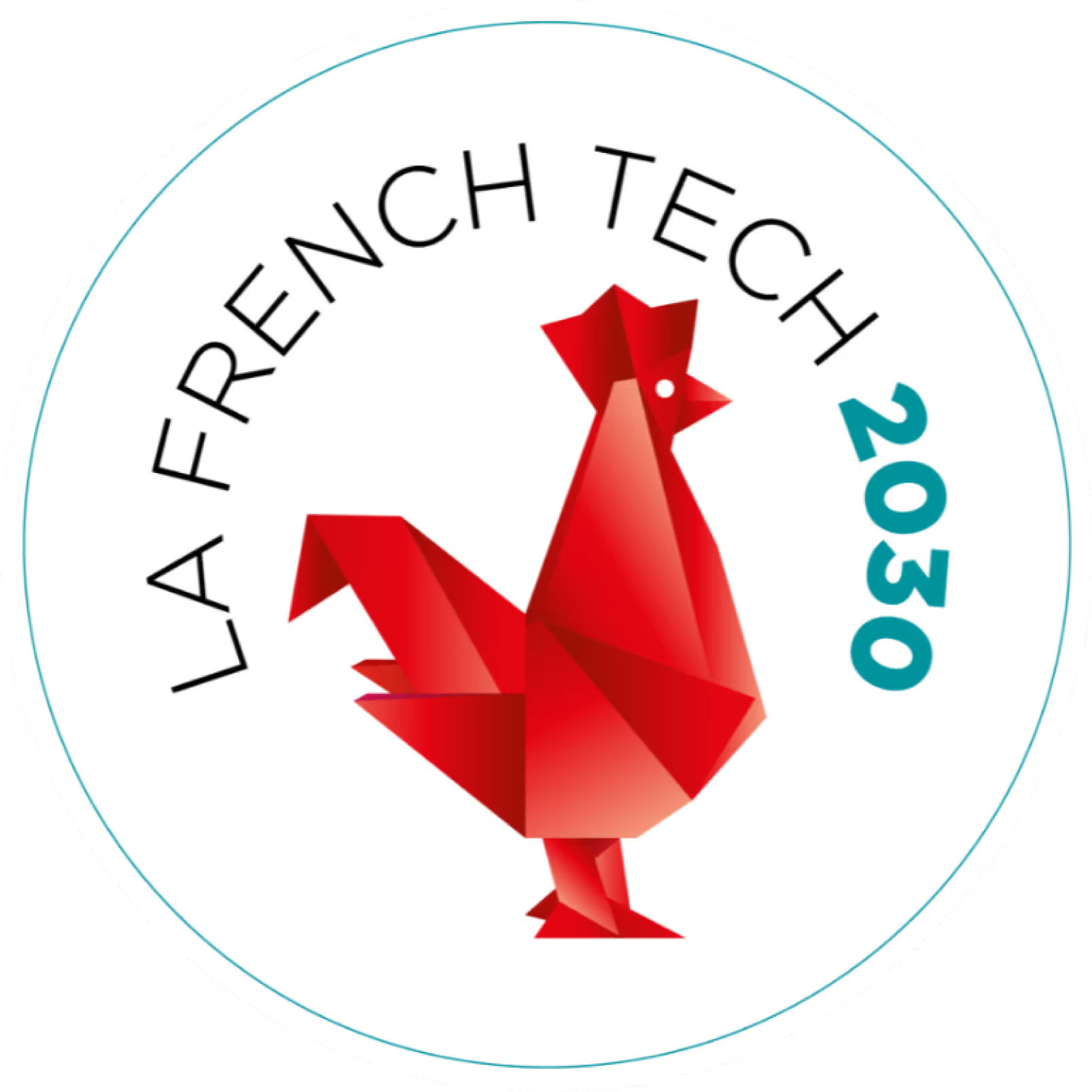
Which generative AI tool should you choose for your business?
Artificial intelligence (AI) is now an essential competitive driver for companies, regardless of their size. Whether it's automating tasks, optimizing processes, or improving the customer experience, AI opens up new perspectives... provided you choose the right tool. But where do you start in the jungle of available solutions? Between generative AI, analysis tools, collaborative work platforms, the selection of the right solution is based on three pillars: meeting business needs (AI for business), guaranteeing AI security, and successfully integrating AI into the existing ecosystem. Here is a detailed guide, enriched with a concrete case, to make AI an asset and not a constraint.
AI for business: starting from real needs
The most common mistake is to choose a tool that is attractive in terms of its functionalities, without analysing the real needs of the company. First of all, ask yourself the following questions:
- What tasks do you want to automate or improve?
- What jobs or teams will be affected?
- What gains do you expect (efficiency, quality, innovation)?
- Is the return on investment clearly identified?
Concrete example : A marketing department wants to quickly generate personalized content for its social networks. The sales team wants to automate the qualification of leads and the analysis of incoming e-mails. Both needs are legitimate, but do not necessarily fall under the same AI tool! Hence the importance of establishing a precise mapping of business needs at an early stage.
In his guide on choosing generative AI for communities, Mayors of France reiterates the importance of bringing together different services to identify the concrete uses expected of AI, before studying technical solutions.

AI security: a strategic challenge for trust
AI is powerful... but exposes businesses to new risks. Data leaks, RGPD non-compliance, lack of traceability, or even Algorithmic biases : all these are essential points of vigilance before deploying an AI tool.
Key points to check for AI security:
- Data hosting : Does the tool store data on European servers? Does it offer a private or local cloud?
- Governance and auditability : Does the solution make it possible to trace uses, assign rights or obtain a history of treatments?
- Compliance with standards (ISO, RGPD, etc.) : Are the certifications available and up to date?
- Access management and data encryption : Are the communications and processed files protected from end to end?
- Model safety : Can internal AI models be connected without the risk of leaking to the outside?
👉 According to Les Echos, security and confidentiality are among the major criteria for the adoption of AI tools, especially in banking, legal, or public sectors.
To remember : Any organization integrating AI must ensure that strategic or confidential data remains protected from the beginning to the end of the use cycle. It's as much about technical security as it is about trusting teams.
AI integration: interoperability, a condition for efficiency
AI can't work in a vacuum. To become a real productivity catalyst, it must be integrated naturally into the existing digital environment (ERP, CRM, office tools, business applications).
Essential criteria for successful AI integration:
- APIs and connectors : Does the tool allow you to easily interface with your internal and external applications?
- Modularity : Can we deploy only certain useful modules, without overburdening the teams?
- User Management : Can the AI tool be managed with your company directory (SSO, role management, delegations)?
- Easy to deploy : Are the settings and the handling accessible to everyone (business, IT, HR...)?
- Accompaniment : Is specific technical support or a team dedicated to integration offered?
The blog MarkCopy insists on the need to favor adaptable and scalable tools, capable of integrating into the company's digital ecosystem without hidden additional costs or workflow disruptions.
Practical case: the integration of an AI platform in an SME
Background
Marianne, CIO of an industrial SME of 150 people — the company AlfaTech — wants to improve the productivity of back-office teams (marketing, HR, finance) by introducing generative AI for writing documents, automating email responses, and summarizing meetings.
Steps taken
- Needs mapping : Interviews with each department, identification of time-consuming tasks (writing reports, creating PowerPoint presentations).
- Selection of criteria :
- AI tool for business, oriented to various business uses
- Strengthened AI security (French storage, encryption, GDPR compliance)
- AI integration with the Office suite, internal CRM, and HRIS
- Benchmark of solutions :
- General public tools (ChatGPT, Gemini, Notion AI...): attractive, but not very suitable in terms of security or business integration.
- Dedicated business solutions: testing platforms such as Delos, which offers a suite of AI applications that are secure, customizable, and designed for rapid deployment in the existing environment.
- Testing and deploying :
- Setting up a pilot for one month, training the teams.
- Delos API connected to HRIS for the automated generation of job descriptions, and synchronization with Microsoft 365 for the correction and analysis of HR documents.
- Measurement of gains: 40% time saved on writing administrative documents, better team satisfaction, end-to-end security (no data outside of French servers).
Result
The company was able to select an AI platform combining security, ease of integration, and rapid adoption — proof that a methodical choice and a framing of initial needs change everything.
Also read, “The tools that every AI referent should know” on Senza Formations.
Practical tips for a successful AI deployment
- Involve all stakeholders : CIO, professions, HR, compliance... to guarantee adherence and taking into account the constraints of each department.
- Provide targeted training : so that each team uses AI according to their level of maturity, while remaining vigilant about AI security.
- Establishing dedicated governance : usage policy, rights monitoring, internal documentation.
- Measure and adjust : identify the gains, the irritants, and adapt the configuration (modules, workflows) over time.
Good to know : AI platforms designed specifically for businesses, such as Delos, often facilitate centralized rights management, integration with internal tools, and guarantee a comprehensive framework for AI security throughout the life cycle of your data.
Conclusion: AI for business, a strategic choice based on three pillars
Choosing an AI tool for your business is not just about technology. It is a structuring project, which combines business challenges, AI security, and the ability to integrate into the existing digital ecosystem.An informed choice is based on a proactive analysis of needs, a rigorous assessment of cybersecurity criteria, and a deployment designed for all employees, today and tomorrow.
To remember :
1. Securing the entire AI journey (from data to the user)
2. Focus on flexible, modular tools designed for AI integration
3. Involve all teams (CIOs, businesses) in choice and governance
4. Think about scalability: the chosen AI tool must be able to grow with the company and its future technological requirements
The Delos platform, integrated and secured by design, is resolutely part of this trusted AI approach for French companies — a lever for innovation, at the service of the collective.
Ready to begin
with Delos ?
Start now with 1000 free credit or ask for personalized support.

.png)



.png)


